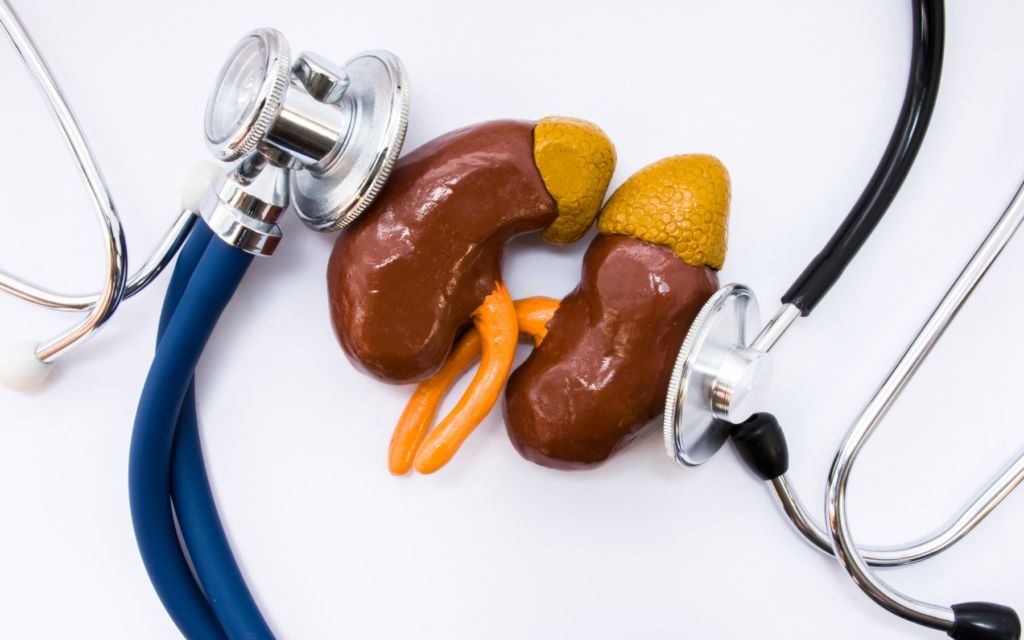Kidney infections, which is also known as pyelonephritis, is when the kidneys become inflamed due to a bacterial infection. This can be a very painful and uncomfortable condition that can often be associated with a bladder infection.
Kidney infections can affect people of all ages, however, are more commonly found in women. This is likely due to the fact that women have a much shorter urethra therefore bacteria can reach the kidney more easily. Women who are sexually active can also have an increased risk of developing a kidney infection.
As mentioned before, a kidney infection can be brought on by a bladder infection. If you have a bladder infection this does not mean that it will automatically develop into a kidney infection.
A kidney infection is usually treated with a course of antibiotics; if this is done at an early stage it is likely that no permanent damage will be done and it will clear up within a few days. If left untreated, it can develop and if allowed to progress it can possibly cause permanent damage to the kidneys.
Here are some of the symptoms to look out for:
- Fever/shiver
- Having pain in your back or sides
- Smelly or cloudy urine
- Blood in your urine
- Pain or burning when urinating
- Need to urinate suddenly or more often
Kidney infections are relatively simple to diagnose: you will need to provide a urine sample and an explanation of the symptoms that you have. In most cases you will be given a course of antibiotics to get rid of the bacteria; most people will be back to normal within around 2 weeks. If you are still experiencing problems go back to see your GP or urologist.
Here are some tips that you can follow to reduce your risk of developing urine or kidney infections:
- Drink lots of water
- Don’t hold in your urine
- Wash your genitals daily
- Use protection during sexual intercourse
This article is intended to inform and give insight but not treat, diagnose or replace the advice of a doctor. Always seek medical advice with any questions regarding a medical condition.





0 Comments